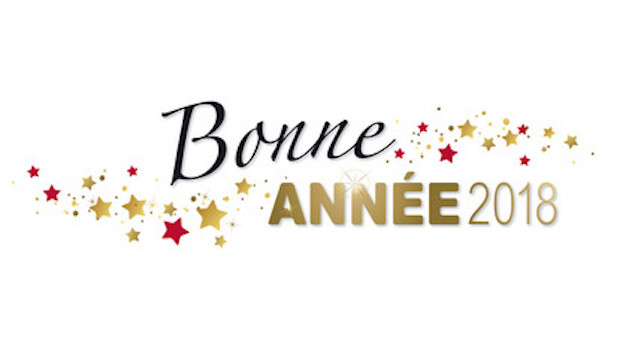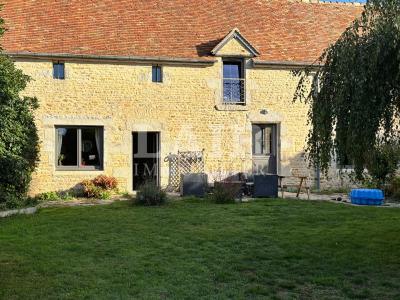French Question: Why is it “Le Novel An” and not “Le Nouveau An”?
We wish all of our readers a happy and healthy 2018.
Talking about the new year in French can be especially difficult. This is because there are two words that mean “year”–an (m) and année (f), and because both of these words start with a vowel, which can change the word that comes before it.
What’s the difference between an and année? Besides the fact that an is masculine and année is feminine, an describes a particular moment during the year while année describes a span of time (this is similar to the pairs soir and soirée).
Thus, you would say: C’est le jour du nouvel an (It’s New Year’s Day) using an instead of année because you are referencing a particular moment of time during the year (New Year’s Day).
If, however, you would like to wish someone a happy new year, this is over a span of time, which lasts for the entire year. That’s why you use année in the expression “Happy New Year” or bonne année.
But there’s another trick when referencing the new year, or le nouvel an, in French. Because an is masculine, the adjective typically used with it should be nouveau. However, in French, an adjective cannot end with a vowel if the following noun also begins with a vowel (for reason of pronunciation or liaison).
Thus, there is always a masculine form of a word that can be used only in front of masculine nouns that start with vowels. In this case, that would be nouvel. Nouvel is pronounced just like the feminine form nouvelle, so don’t get confused if you hear someone say le nouvel an–this doesn’t mean that an is feminine. (You can also think about the difference between the demonstrative adjectives ce (masculine), cette (feminine), and cet (masculine before a masculine noun that begins with a vowel).
Alors, je vous souhaite tous une bonne année et j’espère que vous avez passé un bon nouvel an avec votre famille!
Bonne année! Happy New Year!
Blog submitted by: Alex at The French Property Network - Cle France.
This blog was originally posted on The French Language Blog pages.











